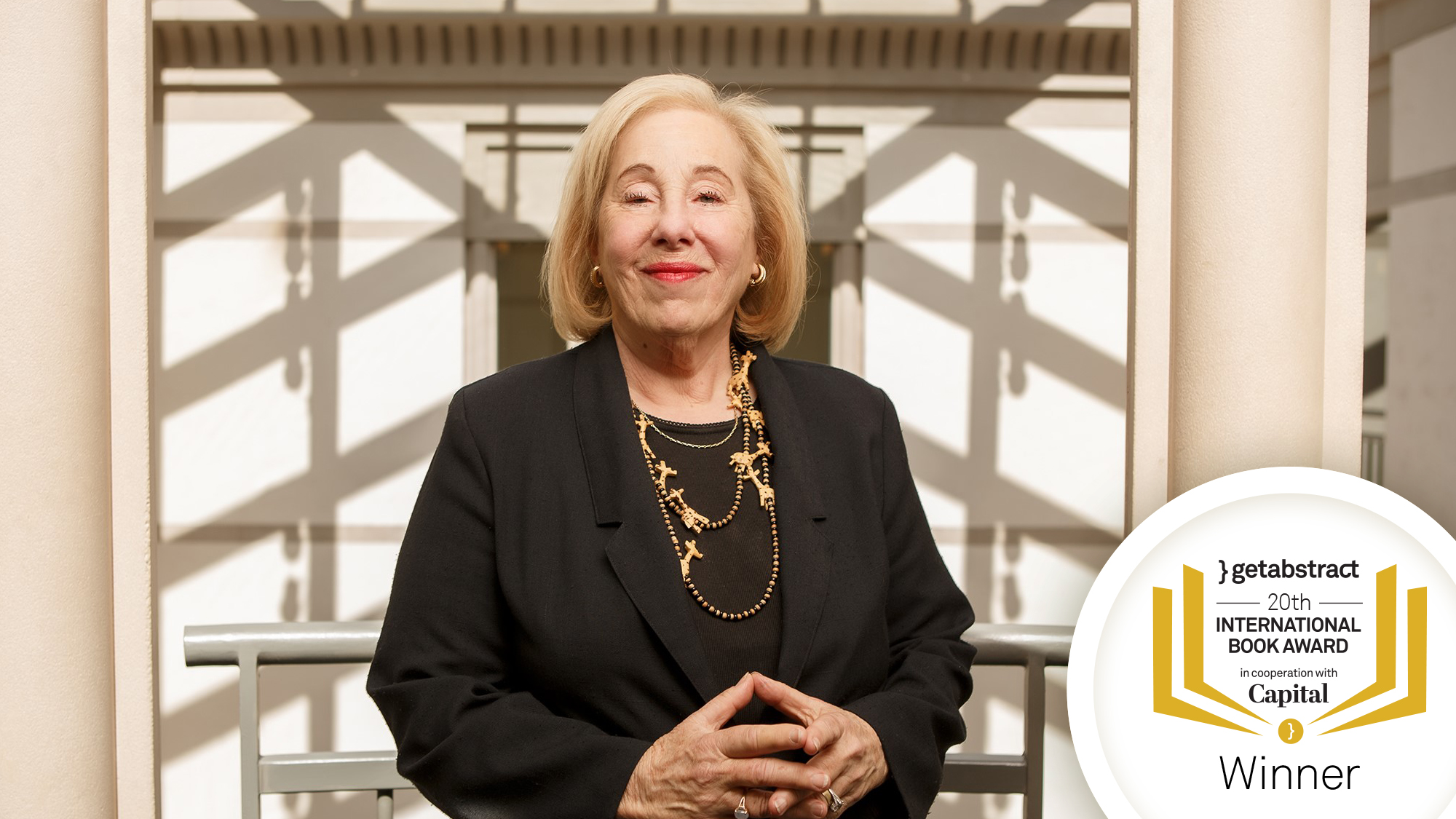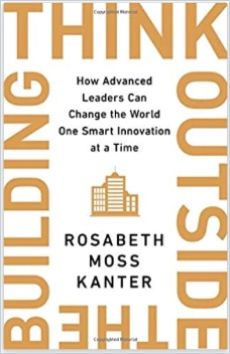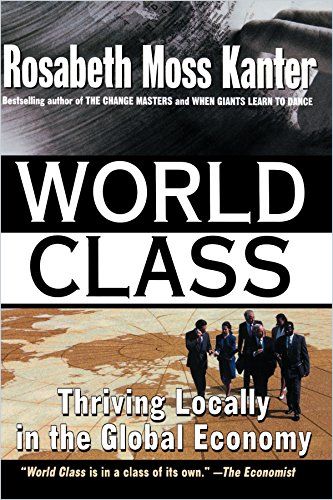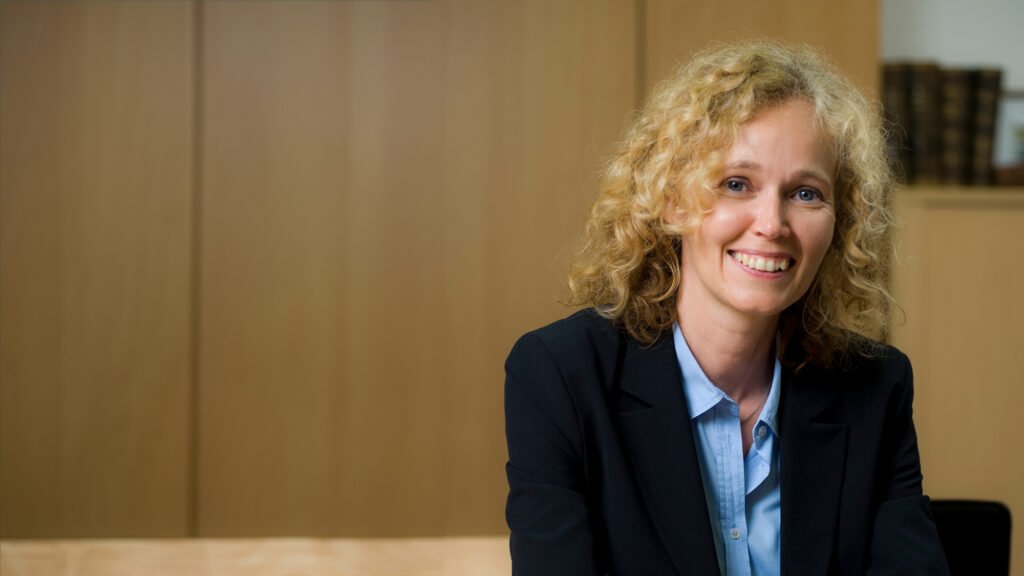“Passivity Is Depressing, Activity Is Energizing.”

getAbstract: Professor Moss Kanter, Think Outside the Building was published shortly before the COVID-19 pandemic disrupted daily life. How have current circumstances changed your views?
Rosabeth Moss Kanter: In the first chapter of the book, I mention global pandemics as among the important problems that require new thinking because they are systemic in nature – that is, they can’t be handled by any one sector, silo or institution by itself. Racial and gender disparities and climate change are also in this category. Advanced leadership brings that wider perspective about working outside traditional boundaries to invent new solutions. It involves a set of skills – imaginative and meaningful visions, creating a compelling new narrative, understanding stakeholders, building cross-sector coalitions, and persisting despite unexpected obstacles – that are even more important when facing such really big issues that disrupt our work and lives. I’ve taken the “think outside the building” perspective points to making systemic change, which includes reconceiving how the whole health system works, for example, as opposed to just direct medical care; and how important the economy and work opportunities are to health. The pandemic has made these system connections even clearer. That’s the frontier for leadership. That’s why my book is considered a new level or model for leadership.
Many of us have – at least physically – “left the building” in recent months. Does an increasingly remote workforce help break down castle walls?
A remote workforce and mainly virtual work can potentially encourage new collaborations, for example across geographic distances, that can produce innovation. In past decades, leaps forward in software – Linux, for example – were made possible by remote teams from many parts of the world.

What benefits or potential drawbacks do you see for these more remote ways of working?
I was always in favor of flexible work schedules and staggered days in the office to provide flexibility, reduce traffic congestion and help working families juggle commitments.
The sad reality of today’s forced remote work-from-home mode is that it can narrow people’s perspectives to just two places: home and screen.
Rosabeth Moss Kanter
Too much time on screens can be draining. The lack of serendipitous contact among colleagues or travel to see unexpected things tends to limit imagination.
People of color, especially women, remain underrepresented in many roles, particularly in leadership positions. We have seen many organizations commit to addressing discriminatory hiring practices in recent months. Do you feel we have reached any sort of turning point towards creating more inclusive workplaces?
It is exciting to see the focus on more inclusive organizations with more women and people of color getting respect and chances to lead. This has been on the agenda before, but perhaps this time it will take hold, because the sheer amount of talent among members of underrepresented groups is clear, and the values of the rising generations – Millennials and Gen Z – favor diversity and inclusion. This will be a turning point only if leaders seize the opportunity and make this a priority.

Since 2001, the getAbstract International Book Award has been presented annually to books that make a particularly important contribution to current economic, social and business-related topics. In this anniversary year, the prize will be awarded symbolically through a series of interviews and digital events. Find out more here.
What would be your advice to leaders wanting to make fundamental changes?
There are many things leaders can do. Among the most important is to ensure that women and people of color get leadership roles with budgetary authority – that is, with real power. Too many get sidetracked in support functions where they don’t control how money is spent.
Are company leaders increasingly aware of the role they can play in transforming existing structures due to the recent challenges? Consumers and employees may prefer to choose companies that make a positive contribution to the world. Do we now expect a purpose, not just a product?
There has been a trend toward social impact as part of company strategy and reporting in recent years. Consumers have increasing access to information about company practices, so they can choose products from companies whose values they approve of. But even bigger is the choice made by the workforce.
While high unemployment rates during a pandemic mean that people want to just have a job, in better economic times there is much evidence that rising younger generations seek meaning and purpose in work.
Rosabeth Moss Kanter
To what extent does a multigenerational workforce drive innovation? Or, are less experienced leaders more likely than veteran leaders to break free from “establishment paralysis”?
Fresh thinking is important, and so is experience. That’s why Google’s youthful founders, for example, brought in Eric Schmidt as CEO for a long stretch; in Silicon Valley, that’s called “adult supervision.” But let’s not assume fresh thinking is a matter of age. One of my points about advanced leadership is that it can be exercised by people at any age who manage to “think outside the building” beyond existing structures to find new solutions.
Are you optimistic for the future?
I bring the “optimism of activism.” Rather than sitting around wondering what the future brings, we have to use the opportunity to rethink how things were done in the past and find new solutions. Passivity is depressing, activity is energizing.
While there are things outside of our control, like the coronavirus, we can mobilize people to take appropriate actions. That’s leadership.
Rosabeth Moss Kanter
The new leadership comes from all of us. In the book, I tout a new “army of democracy” – which is not just how we vote, but how we act. The pandemic has uncovered many valuable and powerful grassroots actions. I’m optimistic that this spirit will help us reinvent institutions and will push new thinking bottom up. We don’t have to depend on top down.
About the Author
Rosabeth Moss Kanter holds the Ernest L. Arbuckle Professorship at Harvard Business School, specializing in strategy, innovation, and leadership for change. Her strategic and practical insights guide leaders worldwide. She is the author of World Class and Confidence.









